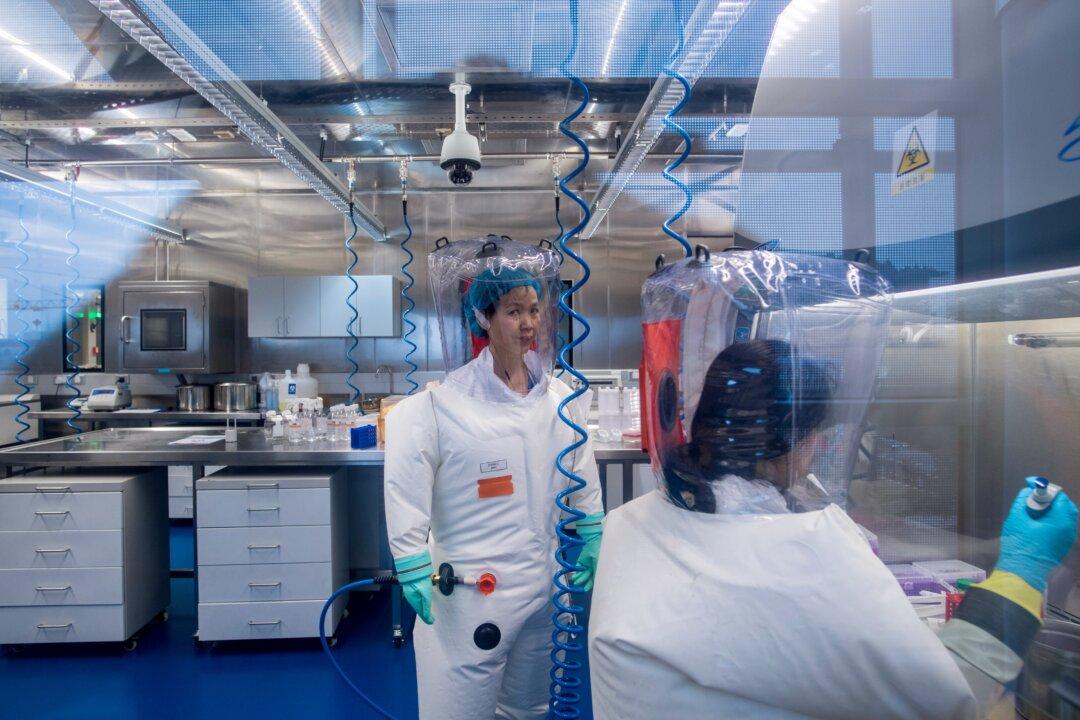Chinese top virologist Shi Zhengli, also known as “Batwoman” for her work on bat coronavirus research, warned that a future outbreak of coronavirus is “highly likely” in her recently published research article.
Ms. Shi is the director of the Emerging Infectious Diseases Research Center at the Wuhan Institute of Virology in China. Her team has been conducting risky viral research on bat coronaviruses and cross-species infections, as well as gain of function research for years. The Wuhan Institute of Virology has been widely suspected of having a virus lab leak accident, which caused the first COVID-19 outbreak in Wuhan in December 2019 and led to the global pandemic.




